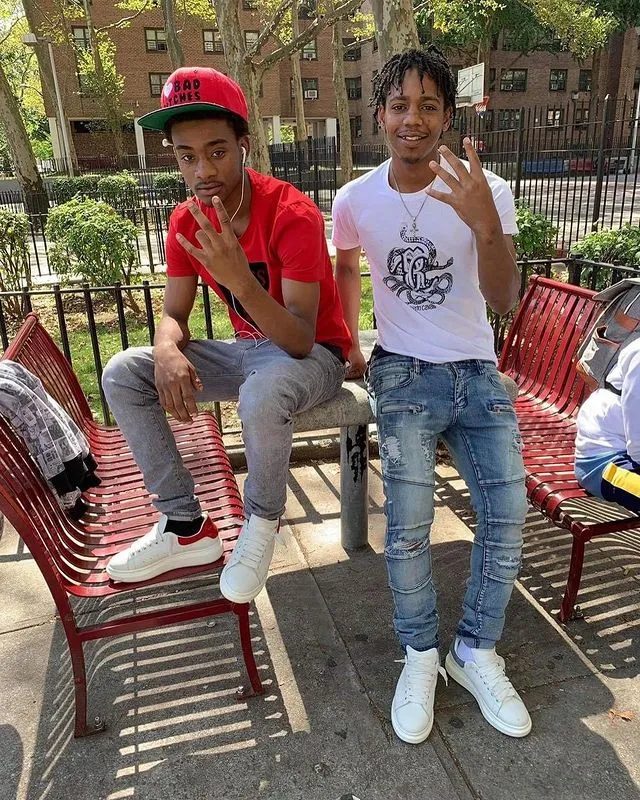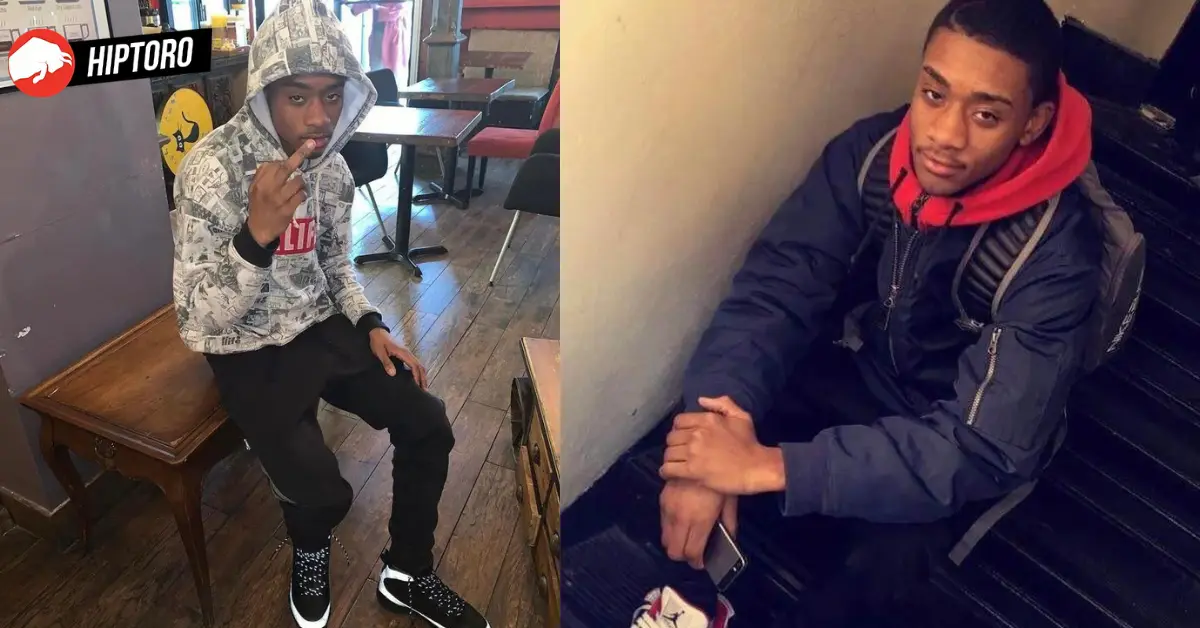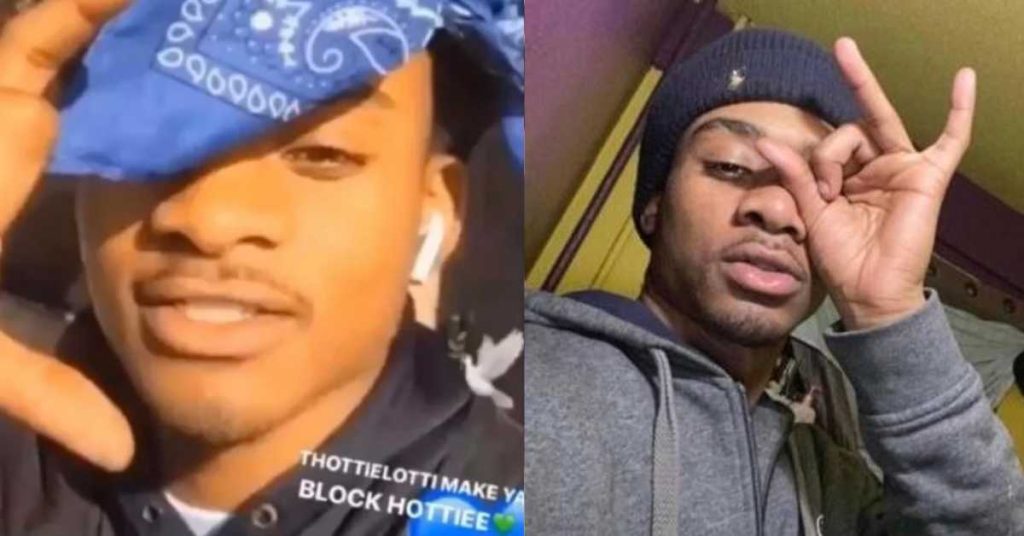What drives a young life to end abruptly in the echoing streets of the Bronx? The senseless violence that claimed the life of aspiring drill rapper Woo Lotti offers a chilling glimpse into the fragility of life within certain urban communities. His death, a tragic tableau painted on the backdrop of gang rivalry and street code, serves as a stark reminder of the perilous reality for many young people navigating these environments.
Glen Cole, known by his street name Woo Lotti, was just 17 when his life was tragically cut short. The details surrounding his death are murky, pieced together from fragmented social media posts, online speculation, and whispers on the street. What is clear is that Lotti, a member of the Young Gunnaz gang from Mott Haven, was embroiled in the volatile dynamics of gang conflict. Accounts suggest a chase, a possible knife, and a white sedan speeding away into the night. The phrase "Stop running, Woo Lotti," reportedly his last words, reverberates with the chilling finality of his fate. Whether a targeted attack, a chance encounter gone wrong, or a consequence of being in the wrong place at the wrong time, Lotti's death underscores the ever-present danger looming over those caught in the crossfire of gang violence.
[table id=1 /]The "Don't run, don't trip" lyric, now echoing in drill tracks, serves as a haunting reminder of Lotti's demise. Its a phrase ingrained in the collective consciousness of the Bronx drill scene, transforming from a warning to a tragic eulogy. The online chatter surrounding his deathsome factual, some speculative, much of it raw and unfilteredreflects the chaotic, almost surreal nature of violence in these communities.
Read also:Meet Andrea Hurley Dan Hurleys Wife
One online theory suggests Lotti was with Sha Gz when their firearm malfunctioned. Sha reportedly ran back to his associates, while Lotti fled in a different direction, perhaps disoriented in the midnight darkness. Some speculate he tripped and was rendered unconscious, unable to defend himself against the approaching assailants. Other accounts claim he was targeted by rival OY gang members. The lack of clarity surrounding the precise sequence of events adds to the unsettling narrative of his death.
Lotti's burgeoning rap career further complicates the narrative. His track "4z Talk," released alongside Blaccanese and Getback, hints at the realities he lived and rapped about. His music, a blend of gritty rhymes and street narratives, offered a glimpse into the world he inhabited, a world where survival often meant navigating treacherous landscapes of rivalry and violence.
The arrest of a teenager following the incident, charged with criminal possession of a weapon, adds another layer to the ongoing investigation. While the connection to Lotti's death remains unclear, it highlights the pervasive presence of weapons within these communities and the ease with which they can be wielded with devastating consequences.
Woo Lotti's death is more than just another statistic in the grim tally of lives lost to gang violence. It's a microcosm of the larger societal issues plaguing marginalized communities. Poverty, lack of opportunity, systemic inequities, and the normalization of violence create a breeding ground for these tragedies. Lotti's story, though tragically cut short, compels us to examine the underlying causes of this violence and to seek solutions that offer real hope and opportunity for young people caught in its grip. His legacy should not be defined solely by his death, but by the urgent need for change it represents.
Beyond the headlines and social media buzz, Woo Lotti was a son, a friend, a young man with dreams and aspirations. His death is a profound loss felt deeply within his community. Its a reminder that behind the statistics and street names are real people, real lives, and real tragedies that demand our attention and our commitment to building a safer, more just future.
The conversation surrounding Woo Lotti's death extends beyond the immediate circumstances of his passing. It underscores the power and peril of social media in shaping narratives, disseminating information, and fueling speculation. It highlights the complex relationship between music, particularly drill rap, and the realities of street life. And it raises uncomfortable questions about the role of poverty, systemic inequality, and the normalization of violence in perpetuating these cycles of tragedy.
Read also:Get To Know Simi Khadra Dj And Influencer


